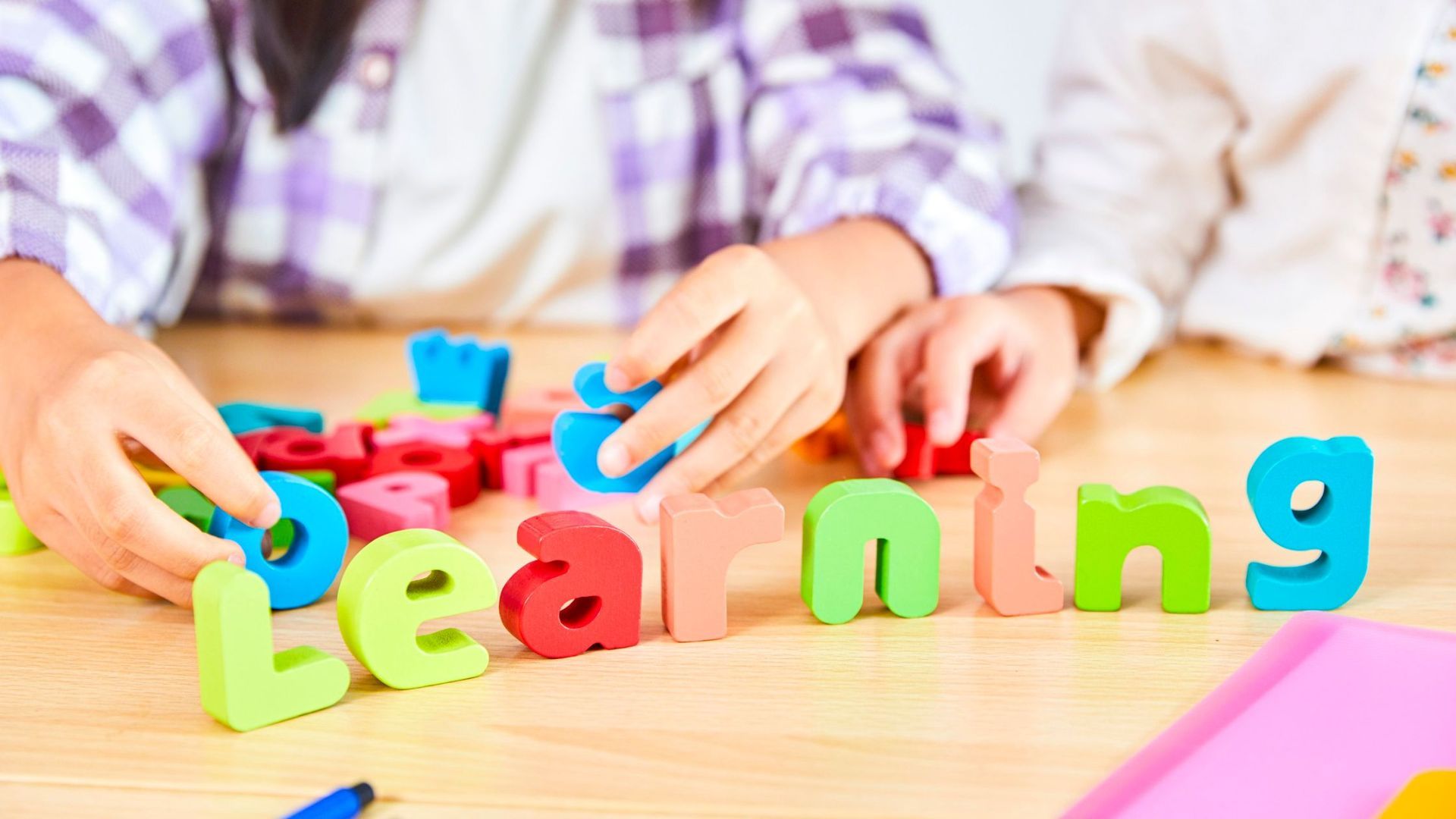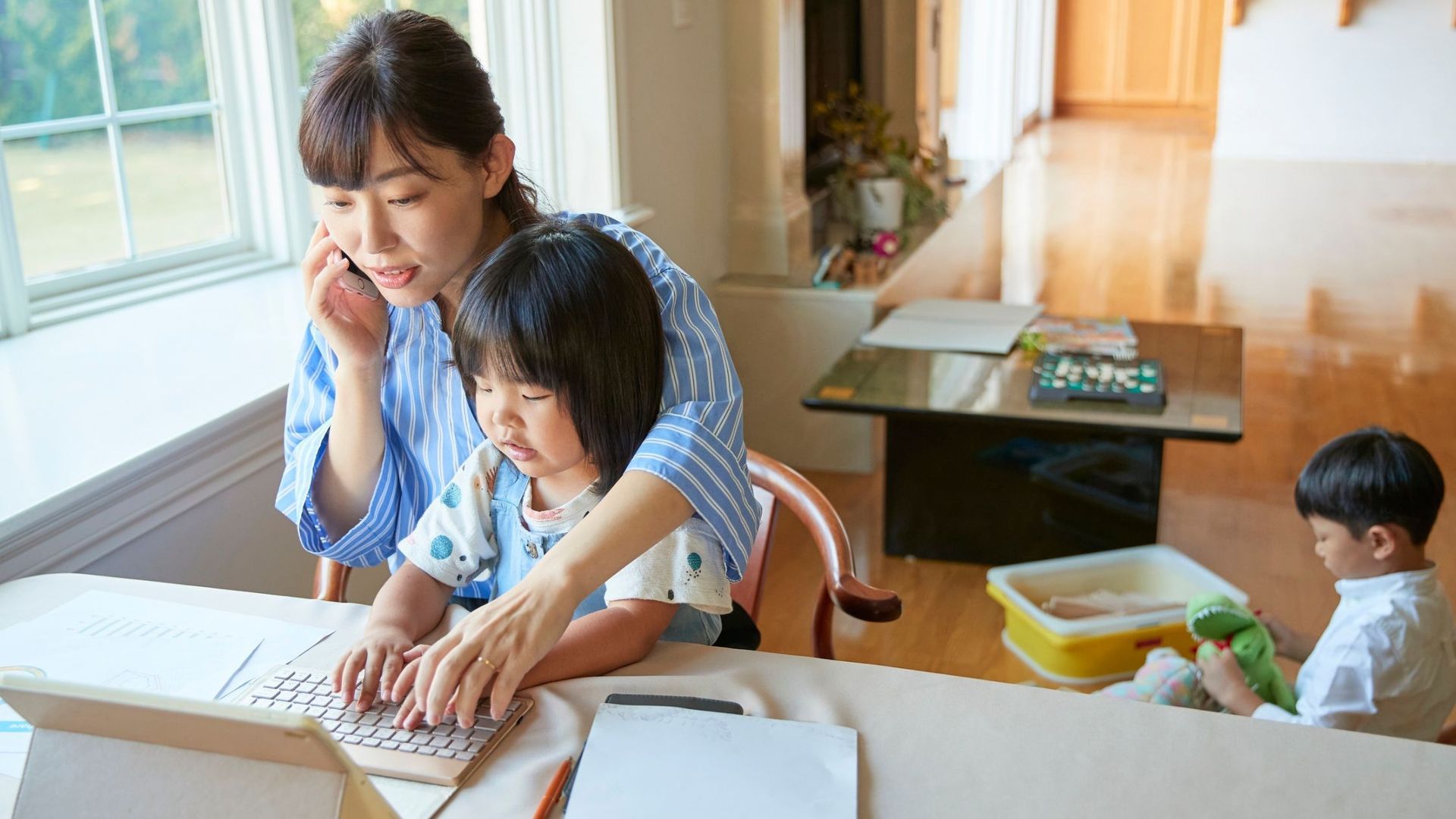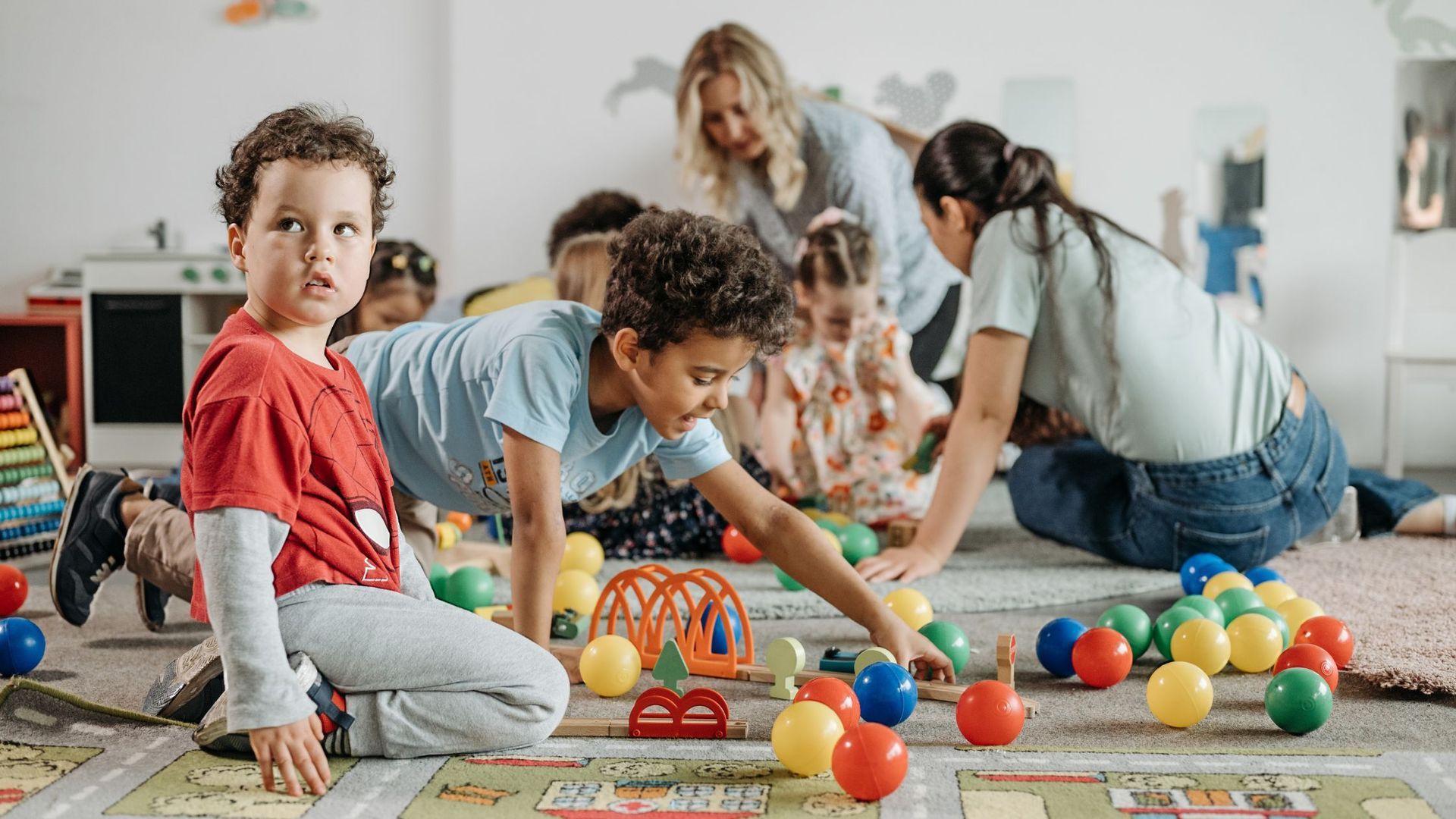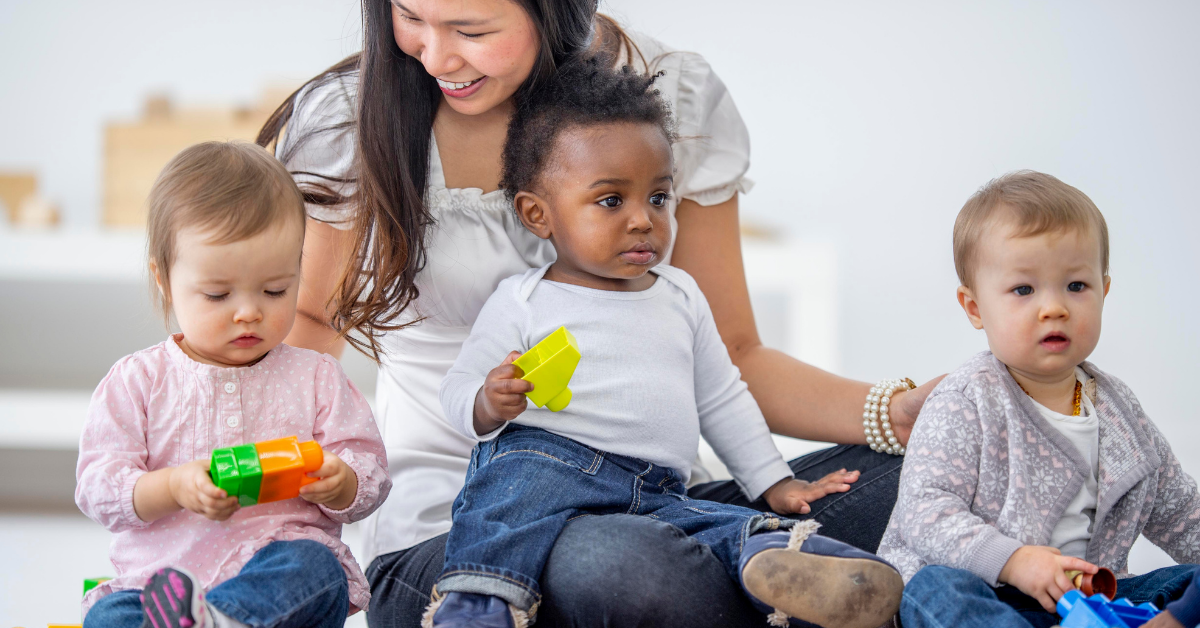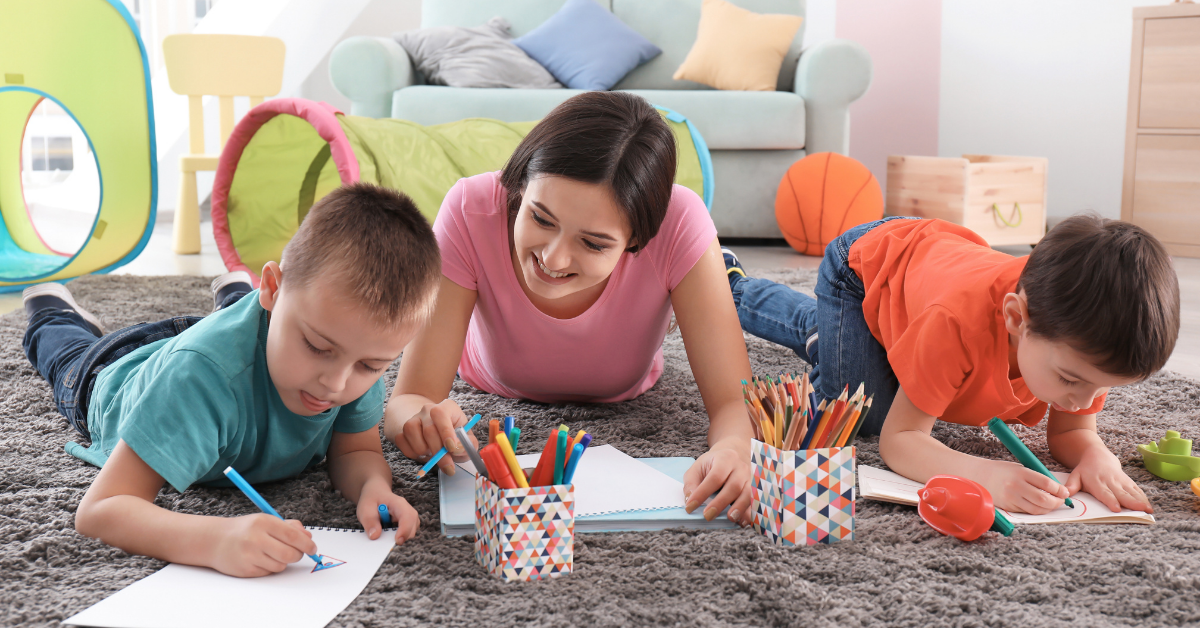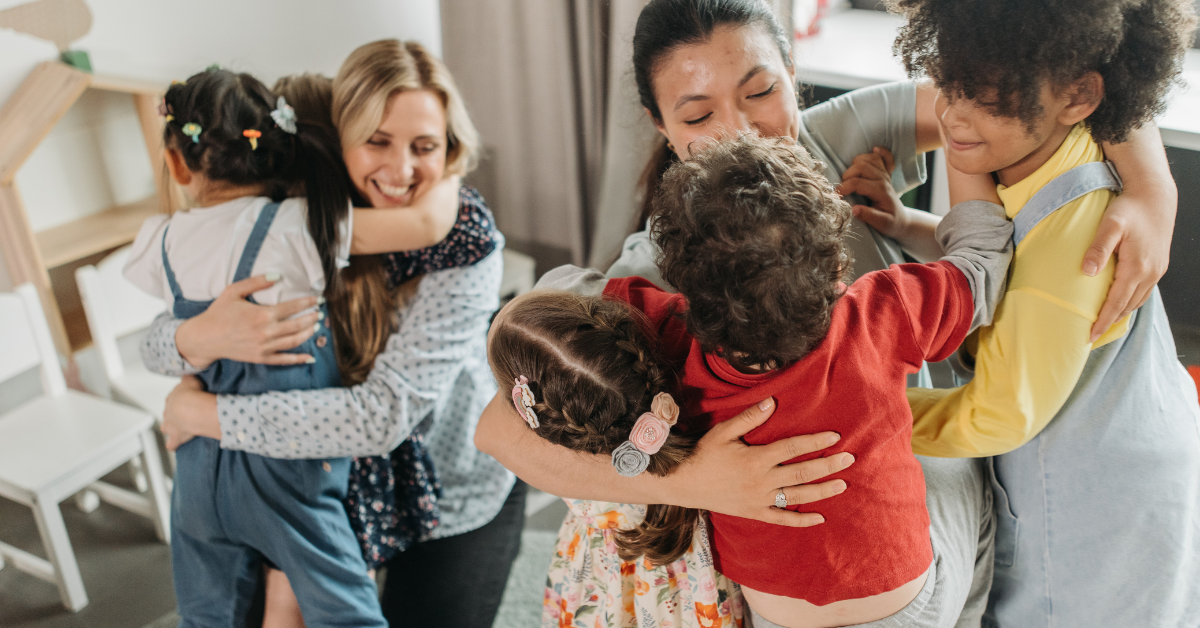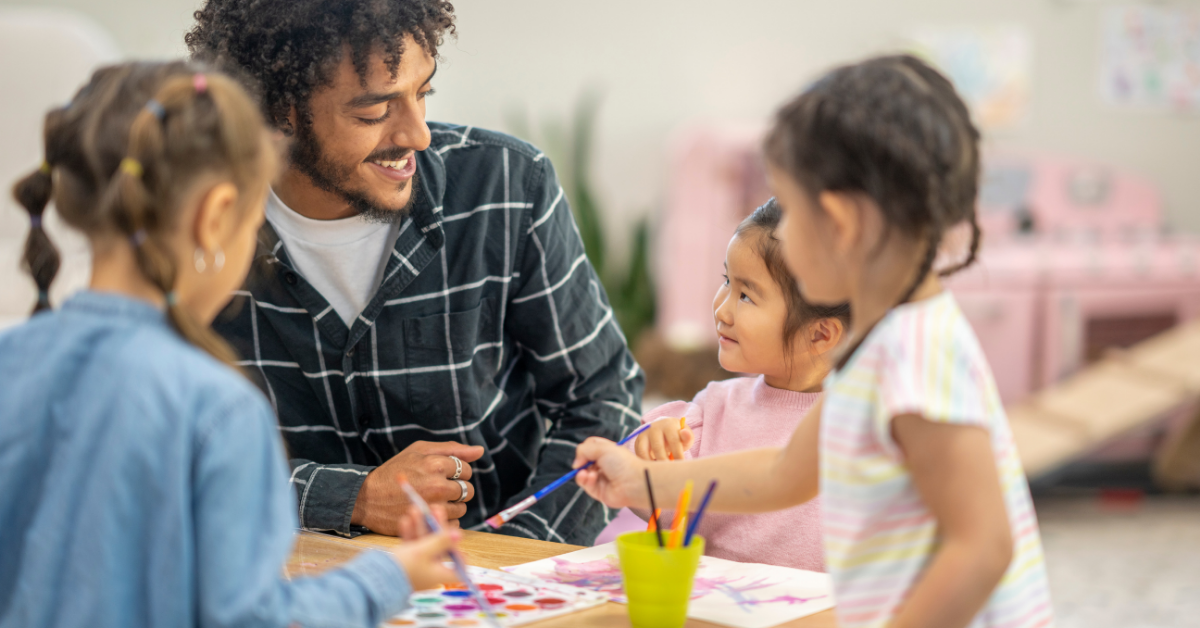How to Manage Separation Anxiety When Dropping Off Your Child
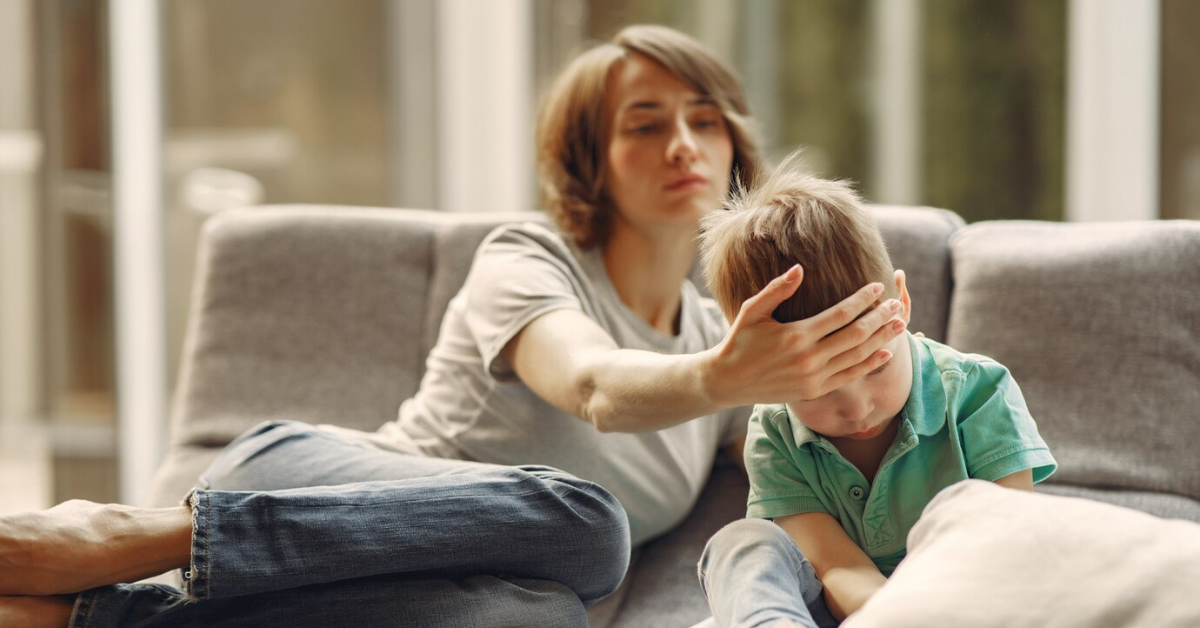
Starting daycare or preschool is an exciting milestone for both parents and children, but it can also be a challenging one—especially when separation anxiety comes into play. It’s completely normal for young children to feel uneasy when saying goodbye to their parents, but with the right strategies, you can help ease the transition, build their confidence, and create a positive drop-off routine. Here’s how to manage separation anxiety and make drop-offs smoother for everyone.
Understanding Separation Anxiety
Separation anxiety is a natural part of child development and often peaks between 8 months and 3 years of age. It happens when children feel distressed about being apart from their primary caregivers. While some children adjust quickly to new environments, others may need more time and reassurance.
Signs of separation anxiety may include:
- Clinging tightly to parents
- Crying or becoming upset when being dropped off
- Resistance to entering the daycare or classroom
- Regressions in behavior (e.g., trouble sleeping or increased tantrums)
The good news is that separation anxiety is temporary, and with patience and consistency, children can learn to feel safe and comfortable in their new environment.
Practical Tips to Ease the Transition
1. Practice Short Separations Beforehand
If your child is not used to being away from you, start practicing short separations before their first day at daycare. Arrange playdates, leave them with a trusted family member, or enroll them in a short-term activity where they can get accustomed to being without you.
2. Visit the Daycare Together
Familiarity can ease anxiety. Before the first official drop-off, visit the daycare center with your child so they can explore the classroom, meet the caregivers, and see other children. This helps the new setting feel more comfortable and predictable.
3. Create a Predictable Goodbye Routine
Consistency provides comfort. Develop a short and simple goodbye routine that you follow every day. A routine might include:
- A hug and a kiss
- A special handshake
- Saying, "I love you, have a great day, and I’ll see you after snack time!"
Keeping goodbyes predictable and upbeat helps children know what to expect and reassures them that you will return.
4. Keep Goodbyes Short and Sweet
Lingering or drawing out the goodbye can make separation anxiety worse. Instead, keep it brief and positive. Once you say goodbye, leave with confidence. If you hesitate or appear anxious, your child may pick up on your emotions and feel more worried.
5. Bring a Comfort Item
Many daycare centers allow children to bring a small comfort object from home, such as a favorite stuffed animal, a blanket, or a family photo. Having something familiar can provide a sense of security in the new environment.
6. Talk About What to Expect
Prepare your child by discussing their daily routine at daycare. Explain that they will play, read stories, have snacks, and then you will come back to pick them up. Knowing what to expect can make them feel more secure.
7. Acknowledge Their Feelings
If your child cries or expresses fear, acknowledge their emotions without reinforcing the anxiety. Instead of saying, "Don’t be scared," try, "I know you feel sad when I leave, but I promise you will have fun, and I’ll be back soon."
8. Stay Positive and Confident
Children take cues from their parents. If you appear worried or emotional, your child may feel unsure as well. Smile, stay upbeat, and express excitement about their day ahead.
9. Encourage Independence
Encouraging your child to engage in activities at daycare before you leave can help ease the transition. Suggest that they show a caregiver their favorite toy or start a puzzle before you say goodbye.
10. Trust the Caregivers
Most daycare providers are experienced in handling separation anxiety. Trust that they will comfort and distract your child after you leave. Many children stop crying within minutes once they become engaged in activities.
What If Separation Anxiety Persists?
While most children adjust to daycare within a few weeks, some may take longer. If your child’s anxiety continues beyond a reasonable adjustment period, consider these additional steps:
- Talk to the Caregivers: They can provide insight into how your child is doing after you leave.
- Create a Goodbye Ritual at Home: Practice quick goodbyes and returns during playtime.
- Gradual Drop-Offs: Arriving early to spend a few extra minutes helping your child settle before saying goodbye can sometimes help.
Helping your child adjust to daycare is just one step in supporting their early development. A strong foundation in early childhood education plays a crucial role in setting them up for future success. Discover more about the importance of early childhood education and whether year-round daycare is the right option for your family.
Conclusion
Separation anxiety is a normal part of childhood, but with patience, consistency, and reassurance, children can learn to feel safe and confident at daycare. By preparing ahead of time, creating a positive goodbye routine, and staying consistent, you can make the transition easier for both you and your child. With time, they’ll adjust and come to enjoy their new environment, forming friendships and learning new skills along the way.

